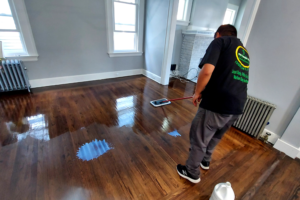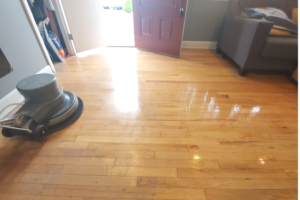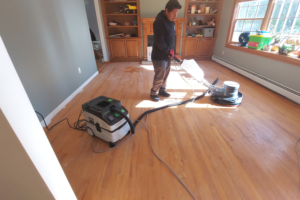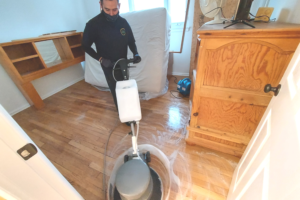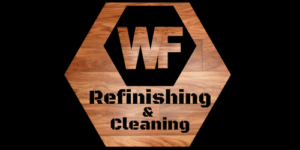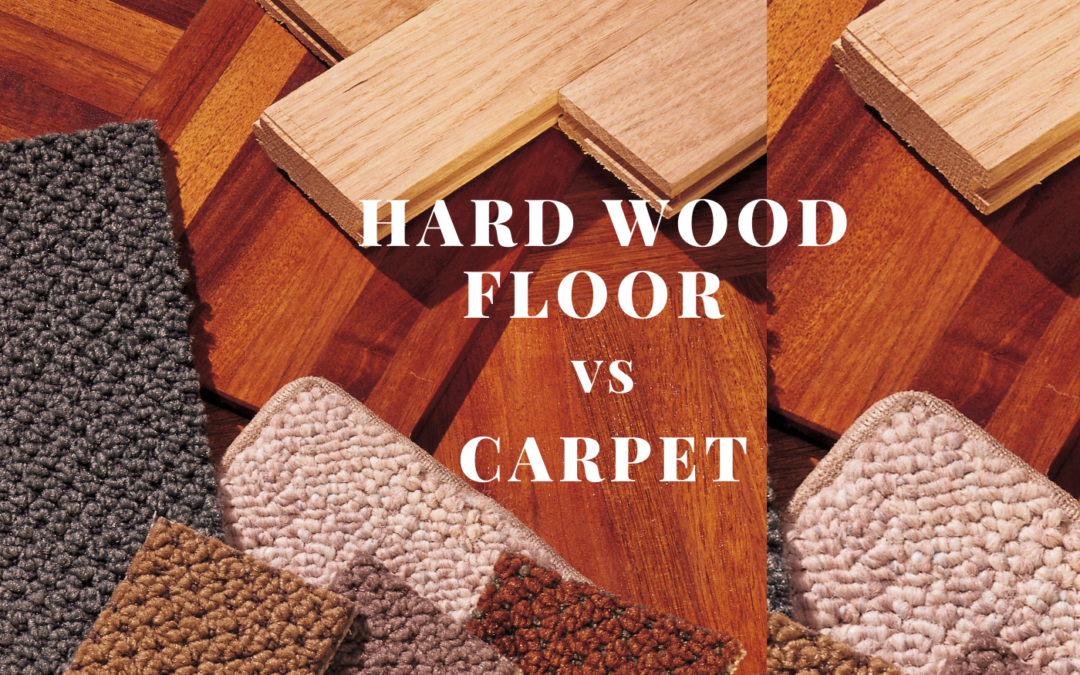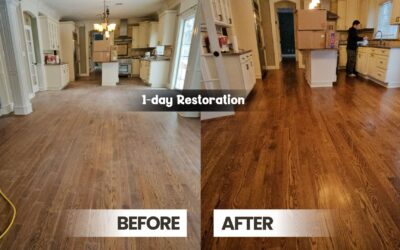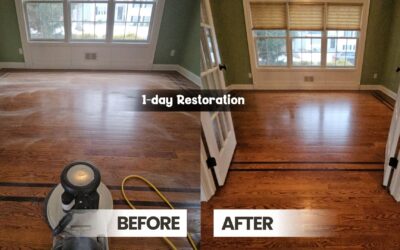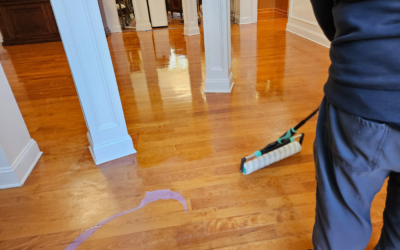Why Should I Install Hardwood Floors Instead of Carpet?
When it comes to choosing flooring options for your home, one of the common debates is between hardwood floors and carpet. While both have their advantages and appeal, hardwood flooring offers several unique benefits that make it a popular choice among homeowners. In this article, we will explore the reasons why you should consider installing hardwood floors instead of carpet and discuss the cost differences between the two.
1. Aesthetics and Timeless Appeal:
One of the primary reasons people opt for hardwood floors is their timeless beauty and aesthetic appeal. Hardwood floors add a touch of elegance, warmth, and sophistication to any space, enhancing the overall look and feel of your home. Whether your style is modern, traditional, or somewhere in between, hardwood floors can seamlessly complement any interior decor.
2. Durability and Longevity:
Hardwood floors are renowned for their exceptional durability and longevity. Unlike carpets that can wear down and show signs of aging over time, properly installed and maintained hardwood floors can last for decades. They are highly resistant to scratches, stains, and the daily wear and tear that carpets typically endure. With regular care, hardwood floors can retain their original appearance and charm for generations, making them a sound investment for your home.
3. Easy Maintenance and Allergen-Free Environment:
Maintaining hardwood floors is relatively simple compared to carpeted floors. Hardwood surfaces are easy to clean, requiring only regular sweeping and occasional mopping to keep them looking their best. Unlike carpets, hardwood floors do not trap allergens such as dust, pet dander, or pollen, making them an excellent choice for individuals with allergies or respiratory sensitivities. The ease of maintenance and allergen-free environment contribute to healthier indoor air quality, benefiting both you and your family.
4. Versatility and Design Flexibility:
Hardwood floors offer unmatched versatility and design flexibility. With a wide variety of wood species, finishes, and stains available, you can customize your floors to match your unique style and preferences. Additionally, hardwood floors are compatible with different decor styles and can be easily refinished or stained to adapt to changing trends or personal preferences over time. This adaptability makes them a long-lasting and flexible flooring option.
5. Increased Home Value:
Installing hardwood floors can significantly increase the value of your home. Potential buyers often consider hardwood floors a desirable feature, as they are associated with quality, elegance, and durability. Homes with hardwood flooring tend to sell faster and at higher prices compared to those with carpeted floors. By investing in hardwood floors, you not only enhance the visual appeal of your living space but also potentially add value to your property.
Cost Differences:
While the initial cost of installing hardwood floors is generally higher than that of carpet, it is important to consider the long-term value and durability they provide. The cost of hardwood flooring can vary depending on factors such as the type of wood, installation method, and any additional features or finishes. On the other hand, carpeting is generally less expensive upfront but may require more frequent replacements and maintenance over time, which can add up. Ultimately, the cost difference between the two options will depend on various factors specific to your home, including square footage, location, and personal preferences.
Conclusion:
Choosing between hardwood floors and carpet is a decision that should be based on your lifestyle, preferences, and long-term goals for your home. While carpeting has its advantages, hardwood floors offer a timeless appeal, durability, easy maintenance, and potential for increased home value. Despite the higher initial cost, hardwood floors often prove to be a wise investment in the long run. Consider the unique benefits and aesthetic appeal of hardwood flooring, and weigh them against your budget and personal preferences when making a decision about your home’s flooring.
Related Topics
Is it worth restoring hardwood floors?
1-day wood floor restoration. Is it worth restoring hardwood floors? When preparing a home for sale, first impressions matter. One of the quickest ways to elevate the look and value of your property is by restoring your hardwood floors. If you’re a homeowner aiming...
Preparing Homes for Sale – Hardwood floor cleaning & refinishing
Preparing Homes for Sale: Why Restoring Hardwood Floors Matters When it comes to preparing a home for sale, first impressions are everything. The moment potential buyers step through the front door, the condition of your hardwood floors can either elevate the entire...
How to Wax, Buff, and Polish Hardwood Floors
How to Wax, Buff, and Polish Hardwood Floors: A Complete Guide Knowing How to Wax, buff, and polish can restore the shine and protect the woodfloor at home is very important. Hardwood floors add elegance and warmth to any space, but maintaining their beauty requires...
Hardwood floor services:
- Hardwood floor cleaning & Buffer
- Hardwood floor cleaning & refinishing
- Hardwoodfloor wax removal
- Hardwood floor screening & Recoat
- Hazy Hardwood Floors?
- Bona Floor Polish is Not a Floor Cleaner
- How to Remove Wax from Hardwood Floors
- What Pets Do to Hardwood Floor
- hardwood floor maintenance for new homeowners
- Hardwood floor maintenance before selling
- Water based vs oil based polyurethane
- How long does it take for wood floor finish to dry?
- Do i need to polish hardwood floor how often and why its important
Floor Cleaning Topics:
- Steam Carpet Cleaning -Summit NJ
- How to dry carpet after cleaning
- How to get rid of odor in carpets
- Basement water damage -steam carpet cleaning
- Lear how to clean wood floor
- How often should I clean my carpet?
- Best Homemade carpet cleaner
- Hotel Carpet Cleaning
- Our Expertise in High-Traffic Areas ( Hotels, Apartments buildings…)
- Expert Commercial Carpet Cleaning Services
General Questions
How expensive is Clean & Recoat?
Prices will vary but typically a contractor will charge you less than what they would charge you for sanding and refinishing the floor. Pricing will depend on how much time they spend cleaning a floor, the type of finish they use and the number of applications of finish they make. Get several estimates but pay careful attention to how long they will take, how they will prep the surface and the type of finish they will use.
Is this a dusty, smelly process?
The smell of the chemicals used to clean the floors is comparable to typical household cleaners and are not toxic or hazardous. The buffers we use have dust containment systems attached to vacuums to minimize any dust from prep work. We only work with waterborne urethanes that have no offensive odors. Done correctly, Clean & Recoat is the least invasive recoating process on the market today.
How log will a Clean & Recoat last?
With proper care and maintenance and by following a common sense approach to reduce wear and damage, a floor that’s been recoated can give you years of excellent service. I’ve seen floors that I recoated more than ten years ago that are still in very good shape. Most floors that are being recoated will be getting a waterborne finish and these finishes are very good and easily maintained.
What is Laminate Flooring?
Laminate flooring is a tongue and groove interlocking flooring system that comes in either planks or squares. All of these floors have a wear layer, a decorative print film layer, an inner core structure, and some type of backing support layer — usually melamine. The print film layer is either fused or glued to the inner core. The print film can be a photo of any real floor. The earlayer is applied to the decorative print layer to protect the pattern. Melamine resins are the main component of the wearlayer. The melamine surface gets its incredible durability from aluminum oxide. Aluminum oxide is almost as hard as diamonds and provides unsurpassed wear and stain resistance.
What is Engineered Flooring?
Engineered flooring is produced by bonding three or more layers of wood. The crossing of grain direction within the boards makes this a very dimensionally stable product able to resist nearly all expansion and shrinkage from normal moisture changes. This is one primary feature that makes it suitable for use directly on concrete and below-grade application.
Will my floor age or change color?
Yes. You can expect to see shade differences in your floor over time. The cause is usually from exposure to the ultra-violet rays of the sun, whether direct or indirect. This color change will be more noticeable in lighter colors, which will darken over time. In addition, certain species like Brazilian cherry, will naturally darken over the years. These changes are due to the natural characteristics of wood and are not covered by most manufacturers’ warranties.
What is Custom Finishing?
Sanding and refinishing performed to individual specifications. Custom finishing of wood floors is performed in the home on the completely installed new floor, or to refurbish a previously finished floor. Custom finishing permits the owner to select from a full range of stains, sheens and colors.
Residential Wood Floor Cleaning
Commercial Wood Floor Cleaning
